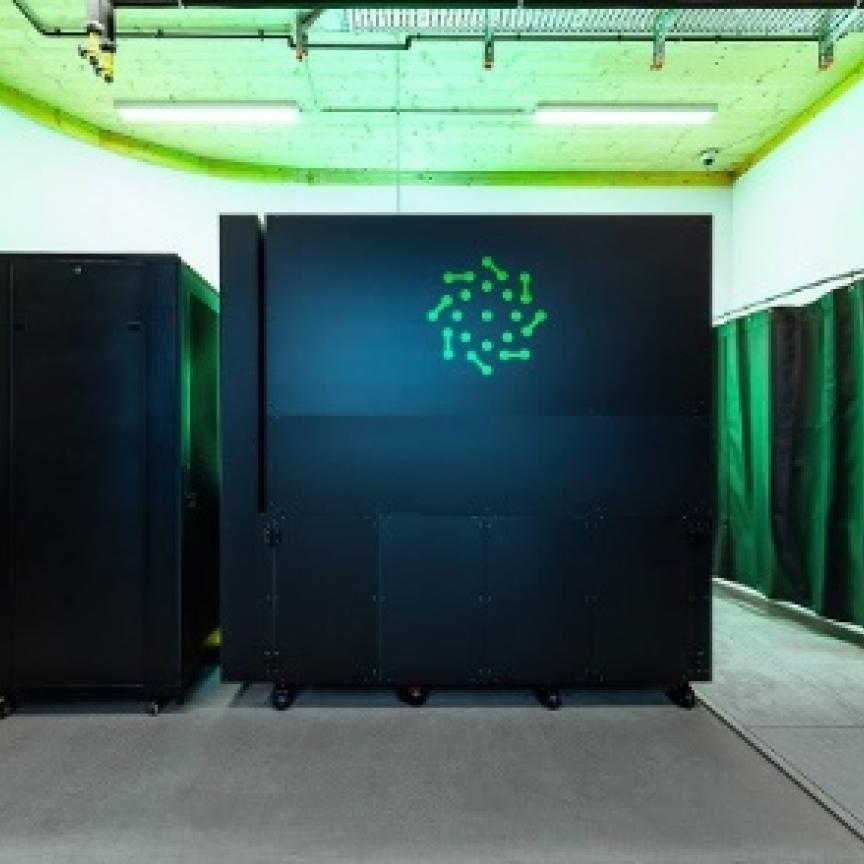OCF has successfully achieved Elite Partner status with NVIDIA for the competency of Accelerated Computing. With this announcement OCF becomes only the second business partner in Northern Europe to achieve this status.
This Accelerated Computing Competency focuses on parallel computing, HPC (High-Performance Computing), Hyperscale, and other accelerated computing markets such as big data processing/analytics. It encompasses system solutions, infrastructure management, and communications for NVIDIA Tesla, NVLink, CUDA, and PGI products and technologies.
Awarded in recognition of OCF’s ability and competency to integrate a wide portfolio of NVIDIA’s Accelerated Computing products including TESLA P100 and DGX-1, the Elite Partner level is only awarded to partners that have the knowledge and skills to support the integration of GPUs, as well as the industry reach to support and attract the right companies and customers using accelerators.
‘For customers using GPUs, or potential customers, earning this specialty ‘underwrites’ our service and gives them extra confidence that we possess the skills and knowledge to deliver the processing power to support their businesses,’ says Steve Reynolds, sales director, OCF. ‘This award complements OCF’s portfolio of partner accreditations and demonstrates our commitment to the vendor.’
OCF has been a business partner with NVIDIA for over a decade and has designed, built, installed and supported a number of systems throughout the UK that include GPUs. Most recently, OCF designed, integrated and configured ‘Blue Crystal 4’, a High-Performance Computing (HPC) system at the University of Bristol, which includes 32 nodes each with two NVIDIA Tesla P100 GPUs accelerators.
In addition, as a partner of IBM and NVIDIA via the OpenPOWER Foundation, OCF has supplied two IBM Power Systems, known as, S822LC for HPC systems, codenamed ‘Minsky’, to Queen Mary University of London (QMUL).
The two systems, which pair a POWER8 CPU with 4 NVIDIA Tesla P100 GPU accelerators, are being used to aid world-leading scientific research projects as well as teaching, making QMUL one of the first universities in Britain to use these powerful deep learning machines. The university was also the first in Europe to deploy a NVIDIA DGX-1 system, described as the world’s first AI supercomputer in a box.

